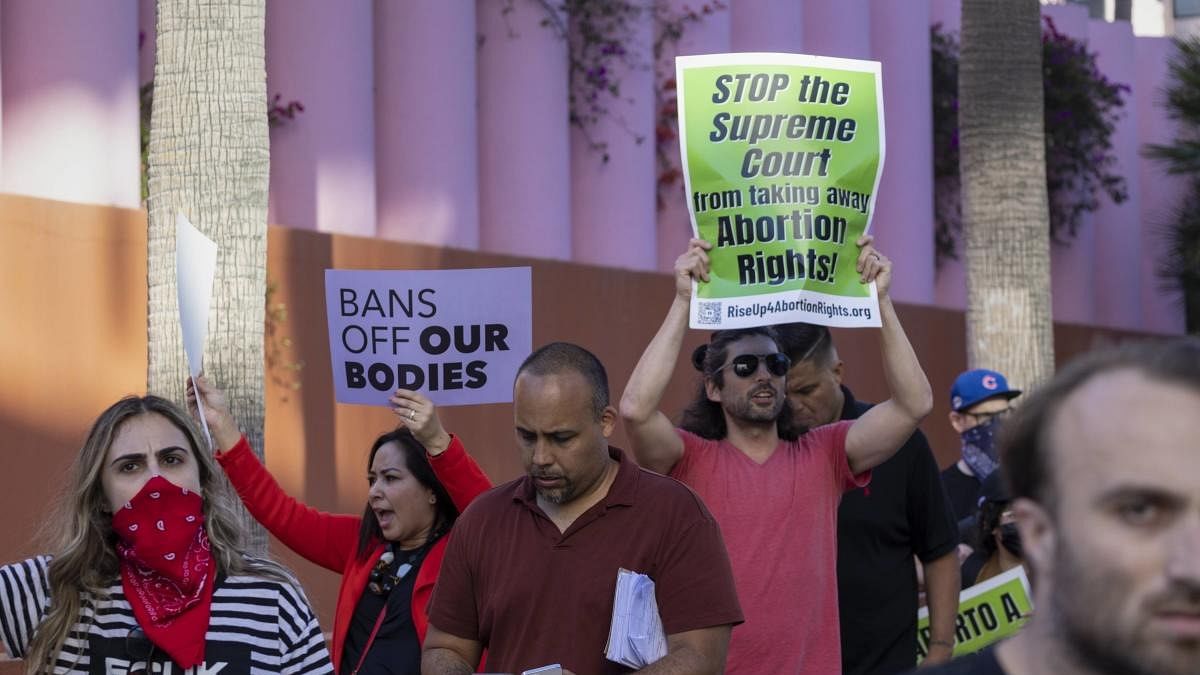
The overturning of the Roe v Wade judgement, a landmark decision by the US Supreme Court in 1973, is a setback not just for women’s rights in the US but also for rights and freedoms in democracies the world over. The 1973 decision had given women in America the right to have an abortion before the foetus became viable outside the womb. The court has ended that constitutional right with its decision that individual states can ban the procedure again though law. The ruling also struck down the Planned Parenthood v Casey verdict, relating to a 1992 case that had upheld the 1973 judgement. The ruling was made in a 6-3 division by the conservative-dominated court and that would most probably mean that abortion rights would not be available to women in at least half the states in that country. Some states have already readied laws that will automatically outlaw abortion following the Supreme Court's ruling. Many others are likely to pass new restrictions very soon.
The Roe v Wade judgement came after long legal and other struggles waged by American women to secure their reproductive rights. It had given them the ownership of and control over their body and was in consonance with larger individual freedoms, including the right to speech. The judgement was also an affirmation of the idea of individual autonomy, which meant citizens had the right to enjoy a part of their lives without meddling by the state. That idea has taken a knock now, and the state’s power to curb the most personal and fundamental of freedoms has been recognised as right. This can have social, political and other implications in the US, and can also weaken that country’s federal structure. There are chances of more conflicts between states. The threat to the health of women and the impact on victims of rape and domestic abuse will be considerable. The ruling may also lead to curbs on the freedom that live-in partners and the LGBTQ communities enjoy.
The conservative backlash against the right to abortion has been strong in the US. The Donald Trump presidency gave a boost to it. Some years ago, a conservative country like Ireland liberalised its abortion laws on popular demand. But the world over, the climate of freedom is turning more cloudy with a conservative tide rising. America has been a champion of constitutional rights and democratic freedoms, and was thought to have the best safeguards against attacks on them. That is why the regressive development there should cause concern in other countries too.